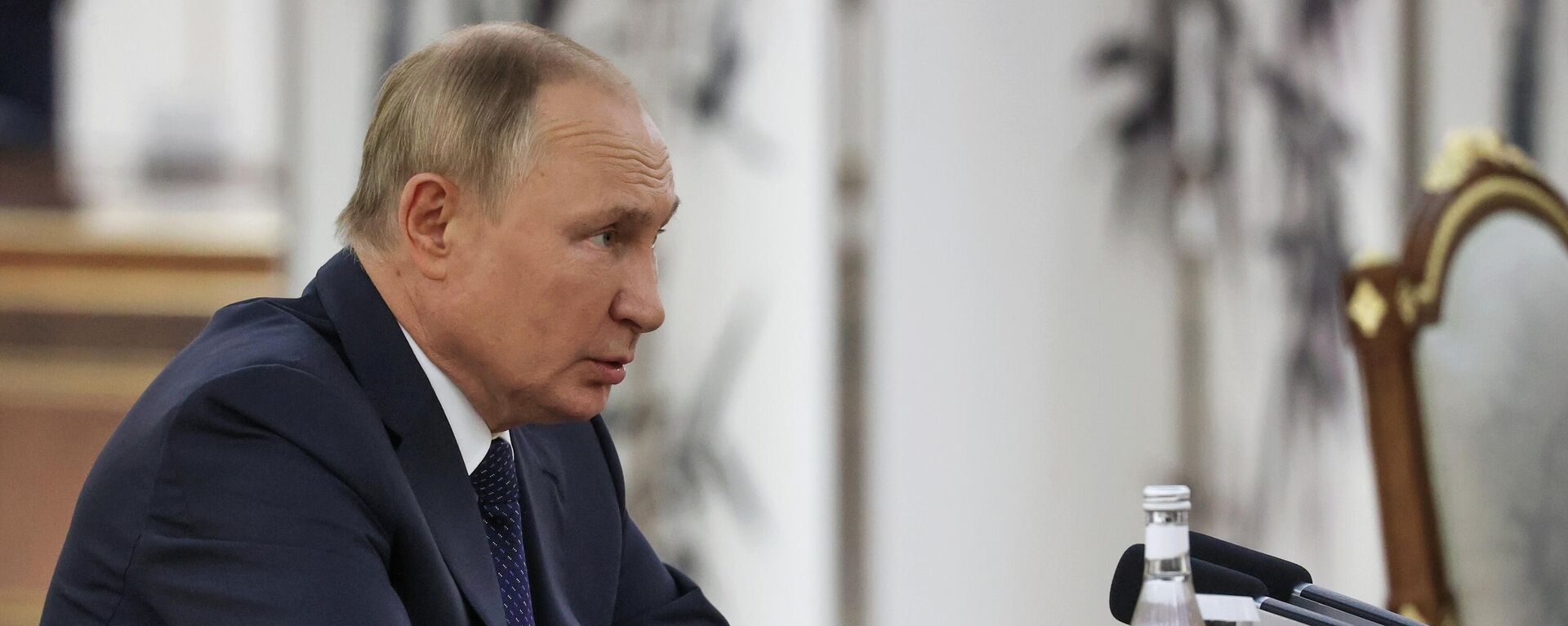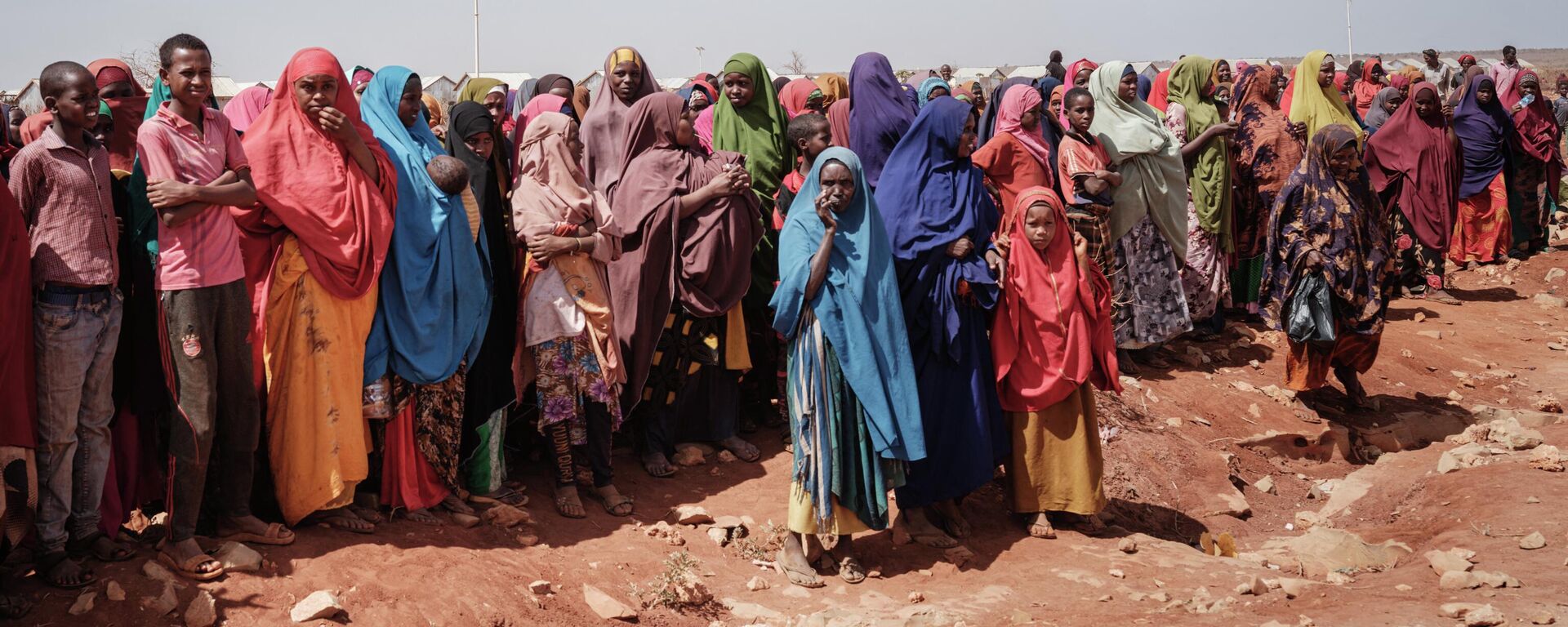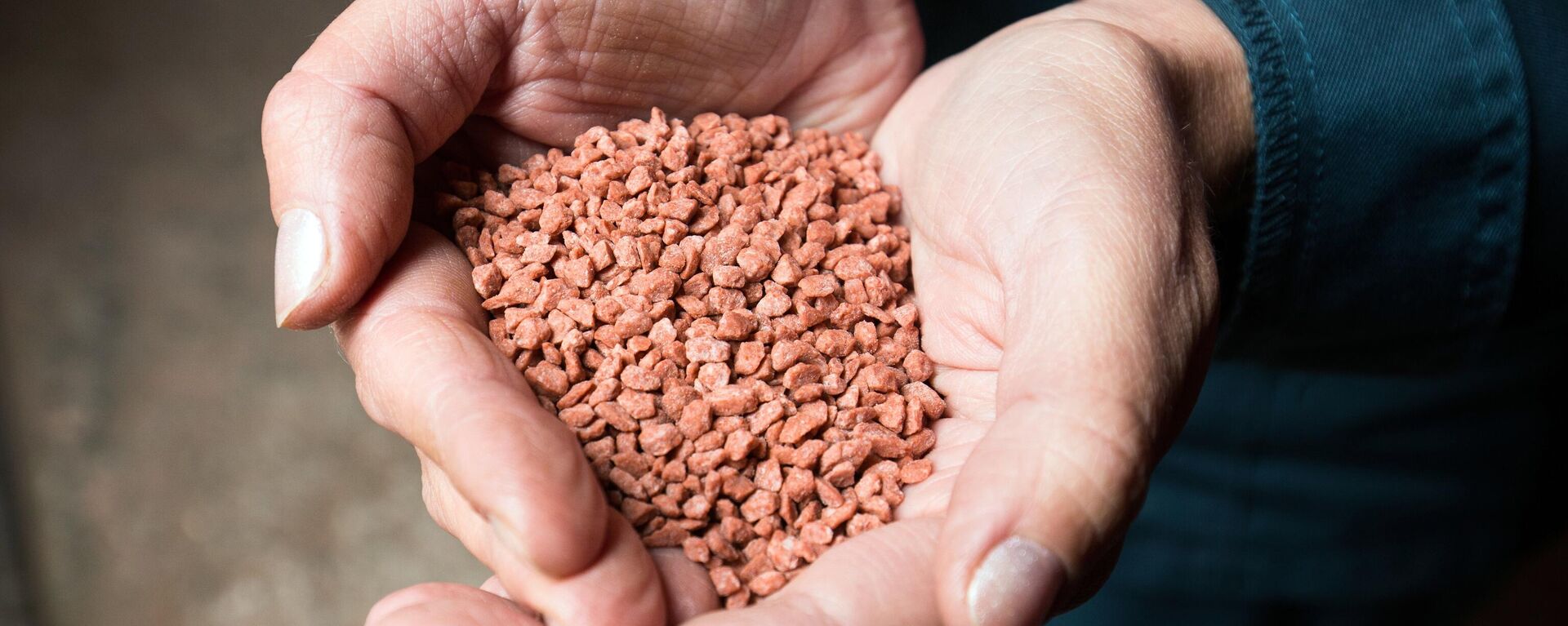https://sputnikglobe.com/20221010/uk-has-lost-global-leadership-role-is-failing-its-allies---somalias-drought-envoy-1101678161.html
UK Has Lost Global ‘Leadership’ Role, Is 'Failing' Its Allies - Somalia’s Drought Envoy
UK Has Lost Global ‘Leadership’ Role, Is 'Failing' Its Allies - Somalia’s Drought Envoy
Sputnik International
A rare declaration of famine is expected to be made later in October in Somalia, where more than 213,000 people remain at “imminent risk of dying” amid the... 10.10.2022, Sputnik International
2022-10-10T11:30+0000
2022-10-10T11:30+0000
2023-05-28T15:21+0000
somalia
world
drought
sanctions
famine
united kingdom (uk)
https://cdn1.img.sputnikglobe.com/img/07e6/0a/0a/1101678666_0:160:3073:1888_1920x0_80_0_0_3662c0c8995d4d106dbe3b65132b61b7.jpg
Britain has been accused of letting down its allies and ceding its leadership role in the world by a senior official in the Somali government.The international community has largely been ignoring impending famine in Somalia, gripped by the worst drought to hit the Horn of Africa country in 40 years, Abdirahman Abdishakur Warsame, the presidential envoy for Somalia’s drought response, said in an interview for The Guardian.The envoy, who has been touring Europe on a mission to drum up support for his crisis-stricken nation, revealed he had had a disheartening round of meetings with government officials.Almost eight million people face looming famine in Somalia, while more than 213,000 remain at “imminent risk of dying,” the UN announced earlier in the month, adding that a declaration of famine was expected to be made later in October.The Somalian president’s envoy deplored the fact that the international community was failing to honor a climate finance pledge to provide $100bn (£87.5bn) a year to developing countries by 2020.The sum was pledged during the United Nations Climate Change Conference, Cop15, in Copenhagen to help cut greenhouse gas emissions and mitigate the impact of the climate crisis on those most affected, and for which the developed world had an “added responsibility.”“We are living with the deadly consequences of climate change in Somalia. Millions of children are malnourished, many will die, and we don’t have one penny of that climate fund,” Abdishakur stated, insisting that his country deserved more support.According to the official, access to climate crisis funds would provide Somalia with an opportunity to acquire technology and infrastructure, which could be used to boost farming and fisheries.“We are more than famine in Somalia. We are coming out of a long conflict and have had a successful, peaceful election; we are building our institutions, we are building our national army, we are pushing back [the Islamist insurgents] al-Shabaab. But at the same time we have this drought.”Insisting that his nation was “resilient” in the face of challenges, the envoy said support from countries such as the UK was essential.The concerns voiced by the Somali presidential envoy come against the backdrop of glaring examples of hypocrisy demonstrated by the so-called collective West. While touting its grandiose plans to fight global poverty, its actions underscore a desire to boost their hegemonic goals. A case in point are the sweeping sanctions implemented against Russia, one of the largest producers and exporters of wheat, sunflower oil, and other agricultural commodities in the world, over its ongoing special military operation in Ukraine.Restrictions on Russian and Belarusian fertilizer companies, implemented earlier in the year, while simultaneously threatening Moscow’s exports of agricultural commodities to foreign markets, were fraught with exacerbating food security, experts have repeatedly warned.Nevertheless, Russia is building up export potential and is ready to help developing nations, Russian President Vladimir Putin said in a statement on October 9.The Russian president admitted that work under Western sanctions pressure posed new challenges, with disruptions in supply chains triggering higher fuel and food prices, driving inflation to record levels and causing the cost of living to soar. Amid the sanctions, on July 22, Russia and Ukraine signed an UN-brokered agreement to provide a humanitarian maritime corridor for ships exporting grain and fertilizer from Black Sea ports. Since the signing of the agreement, however, 28% of the grain shipments from Ukraine went to low-income countries and 44% to high-income countries, according to a September report from the JCC.
https://sputnikglobe.com/20221008/russia-building-up-export-potential-ready-to-assist-poorest-countries---putin-1101644481.html
https://sputnikglobe.com/20221006/pending-nightmare-somalia-faces-famine-as-country-hit-by-worst-drought-in-40-years-1101571682.html
https://sputnikglobe.com/20220603/anti-russia-sanctions-left-africa-without-access-to-grain-and-fertilizers-senegalese-president-says-1095966996.html
somalia
united kingdom (uk)
Sputnik International
feedback@sputniknews.com
+74956456601
MIA „Rosiya Segodnya“
2022
News
en_EN
Sputnik International
feedback@sputniknews.com
+74956456601
MIA „Rosiya Segodnya“
Sputnik International
feedback@sputniknews.com
+74956456601
MIA „Rosiya Segodnya“
somalia, drought, sanctions, famine, united kingdom (uk)
somalia, drought, sanctions, famine, united kingdom (uk)
UK Has Lost Global ‘Leadership’ Role, Is 'Failing' Its Allies - Somalia’s Drought Envoy
11:30 GMT 10.10.2022 (Updated: 15:21 GMT 28.05.2023) A rare declaration of famine is expected to be made later in October in Somalia, where more than 213,000 people remain at “imminent risk of dying” amid the worst drought to hit the Horn of Africa country in 40 years, the UN announced in September.
Britain has been accused of letting down its allies and ceding its leadership role in the world by a senior official in the Somali government.
The international community has largely been ignoring
impending famine in Somalia, gripped by the worst drought to hit the Horn of Africa country in 40 years, Abdirahman Abdishakur Warsame, the presidential envoy for Somalia’s drought response, said in an interview for The Guardian.
“In the 2017 drought, the UK and its leadership was vital, its advocacy and energy was great, and it encouraged people like me to match that commitment. Britain was a great ally to Somalia but that is all gone. The UK is still an ally, and they help with security, but when it comes to humanitarian response they are not there, not in leadership or in aid. It’s all gone. The UK used to provide a leadership that others would follow.”
The envoy, who has been touring Europe on a mission to drum up support for his
crisis-stricken nation, revealed he had had a disheartening round of meetings with government officials.
“No one is interested in the climate, in food security. It’s all Ukraine, Ukraine, Ukraine. It gets all the political attention… Everyone has been saying, ‘When you have famine declared you will have attention.’ We are facing more than the scale of 2011, when we lost a quarter of a million of our people. But in 2011 half the people died before famine was declared,” the official said.

8 October 2022, 21:27 GMT
Almost eight million people face looming famine in Somalia, while more than 213,000 remain at “imminent risk of dying,” the UN announced earlier in the month, adding that a declaration of famine was expected to be made later in October.
The Somalian president’s envoy deplored the fact that the international community was failing to honor a climate finance pledge to provide $100bn (£87.5bn) a year to developing countries by 2020.
The sum was pledged during the United Nations Climate Change Conference, Cop15, in Copenhagen to help cut greenhouse gas emissions and mitigate the impact of the climate crisis on those most affected, and for which the developed world had an “added responsibility.”
“We are living with the deadly consequences of climate change in Somalia. Millions of children are malnourished, many will die, and we don’t have one penny of that climate fund,” Abdishakur stated, insisting that his country deserved more support.
According to the official, access to climate crisis funds would provide Somalia with an opportunity to acquire technology and infrastructure, which could be used to boost farming and fisheries.
“We are more than famine in Somalia. We are coming out of a long conflict and have had a successful, peaceful election; we are building our institutions, we are building our national army, we are pushing back [the Islamist insurgents] al-Shabaab. But at the same time we have this drought.”
Insisting that his nation was “resilient” in the face of challenges, the envoy said support from countries such as the UK was essential.
“If we had not had Ukraine, Covid and the locust invasion then the effect might be less, but the drought is caused by climate change. We have had four failed rainy seasons now. The cycle of drought used to be every 10 years, now it’s four years and soon it will be two years. That is not caused by Somalia – that was caused by the climate crisis.”

6 October 2022, 13:12 GMT
The concerns voiced by the Somali presidential envoy come against the backdrop of glaring examples of
hypocrisy demonstrated by the so-called collective West. While touting its grandiose plans to fight global poverty, its actions underscore a desire to boost
their hegemonic goals. A case in point are the sweeping sanctions implemented against Russia, one of the largest producers and exporters of wheat, sunflower oil, and other agricultural commodities in the world, over its ongoing special military operation in Ukraine.
Restrictions on Russian and Belarusian fertilizer companies, implemented earlier in the year, while simultaneously threatening Moscow’s exports of agricultural commodities to foreign markets,
were fraught with exacerbating food security, experts have repeatedly warned.
Nevertheless, Russia is building up export potential and is ready to help developing nations, Russian President
Vladimir Putin said in a statement on October 9.
The Russian president admitted that work under Western sanctions pressure posed new challenges, with disruptions in supply chains triggering higher fuel and food prices, driving inflation to record levels and causing the cost of living to soar. Amid the sanctions, on July 22, Russia and Ukraine signed an UN-brokered agreement to provide a humanitarian maritime corridor for ships exporting grain and fertilizer from Black Sea ports. Since the signing of the agreement, however, 28% of the grain shipments from Ukraine went to low-income countries and 44% to high-income countries, according to a September report from the JCC.







